Frequent urination can be both annoying and concerning. If it happens without an obvious cause, it may signal something that requires attention.
Weak Pelvic Floor Muscles

Weak pelvic floor muscles can result in diminished bladder control, leading to more frequent trips to the bathroom. These muscles support the bladder, and when they weaken, even small amounts of urine can create a strong urge to go.
Incorporating pelvic floor exercises, like Kegels, into your daily routine can make a significant difference. These exercises target the pelvic muscles, strengthening them over time and improving your ability to control urination.
Menopause

Hormonal changes during menopause can significantly impact the bladder and urinary tract. The decline in estrogen can weaken the tissues and muscles that support the bladder, increasing the frequency of urination. Women may also notice increased sensitivity or discomfort.
Discussing your symptoms with a healthcare provider can lead to effective solutions, such as hormone replacement therapy or lifestyle adjustments. These interventions can alleviate bladder-related issues and improve overall comfort.
Urinary Tract Infections

Bladder infections, also known as urinary tract infections (UTIs), are a common cause of frequent urination. These infections often come with additional symptoms like burning sensations, pain, and cloudy urine. If left untreated, they can progress and cause serious discomfort or complications.
It’s essential to seek medical attention if you notice symptoms of a UTI. Your doctor can provide antibiotics to clear the infection. For severe cases, such as those involving fever or blood in the urine, immediate care is crucial.
Aging
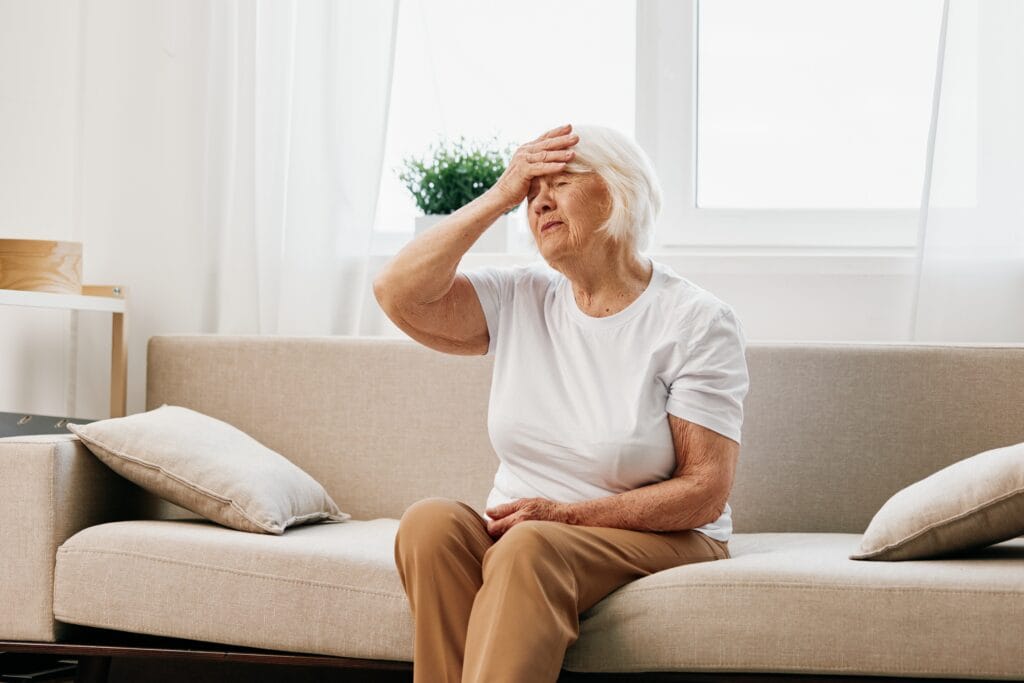
As we age, the bladder’s capacity decreases, and the muscles supporting it become weaker. This natural process can lead to increased urination, especially at night, disrupting sleep and overall quality of life.
There are strategies to manage these changes, such as adjusting fluid intake and engaging in exercises to maintain muscle strength. Consulting with a healthcare provider can also help determine if additional treatment options are necessary.
Gynecological Issues
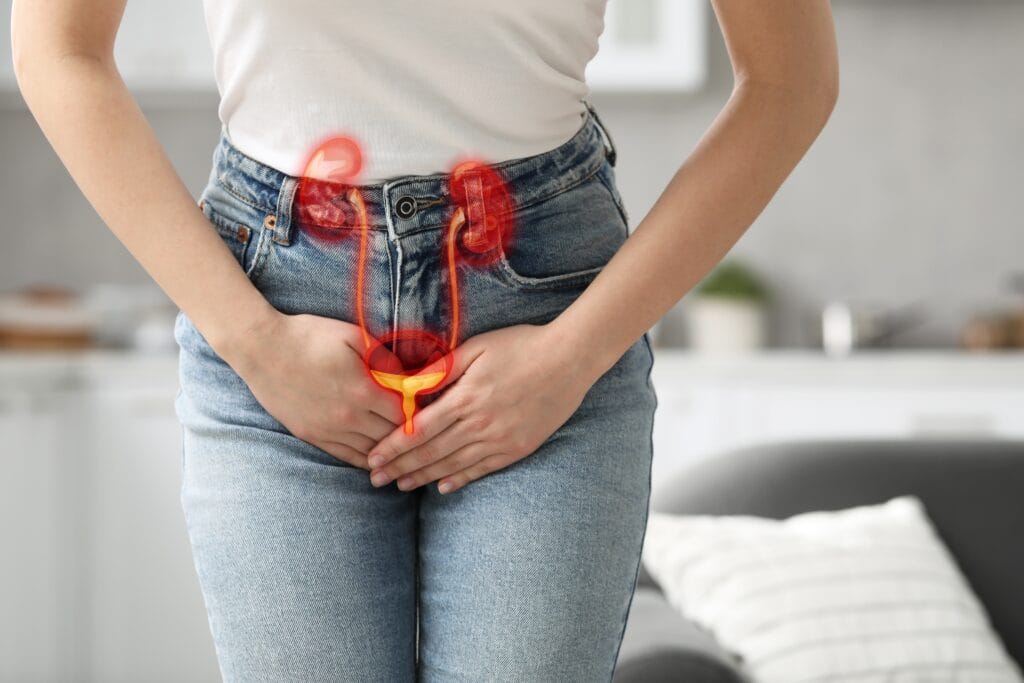
Conditions such as endometriosis, uterine fibroids, or chronic pelvic pain can exert pressure on the bladder, causing frequent urination. These issues can also lead to other symptoms like irregular bleeding or discomfort.
If you suspect a gynecological problem, consult a specialist. Early diagnosis and treatment can address the underlying cause, reducing urinary symptoms and improving overall well-being.
Diabetes
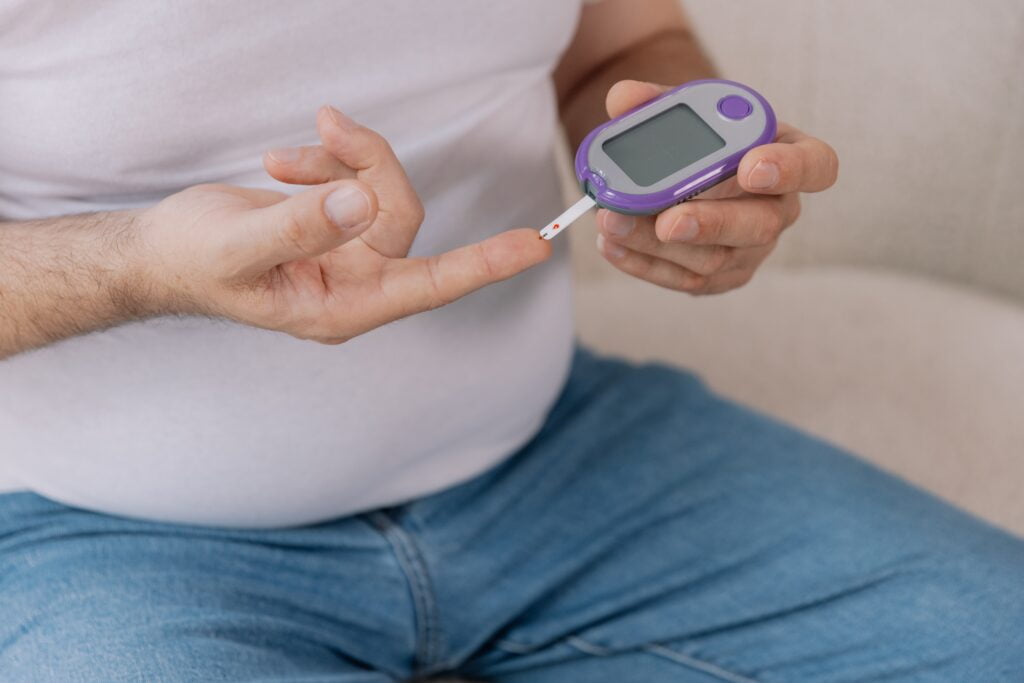
Frequent urination and excessive thirst are hallmark symptoms of diabetes. High blood sugar levels cause the body to flush out excess glucose through the urine, which increases the frequency of urination.
A simple blood test can determine whether diabetes is the cause. Early detection is critical for managing symptoms and preventing long-term complications, so don’t hesitate to consult your doctor if these signs persist.
Enlarged Prostate
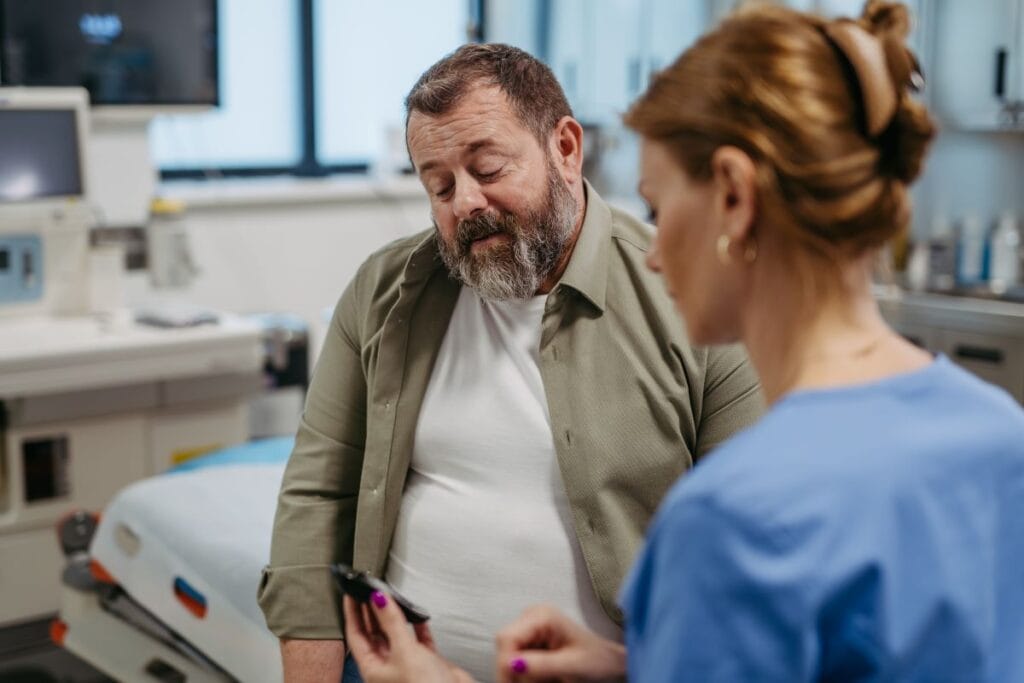
For men over 50, an enlarged prostate can press on the urethra, making it difficult for the bladder to empty completely. This often results in the need to urinate more frequently, particularly at night.
Medical treatments, including medications or minimally invasive procedures, can effectively address this issue. If you experience symptoms of an enlarged prostate, seek advice from a urologist for a tailored treatment plan.
When Should You See a Doctor?
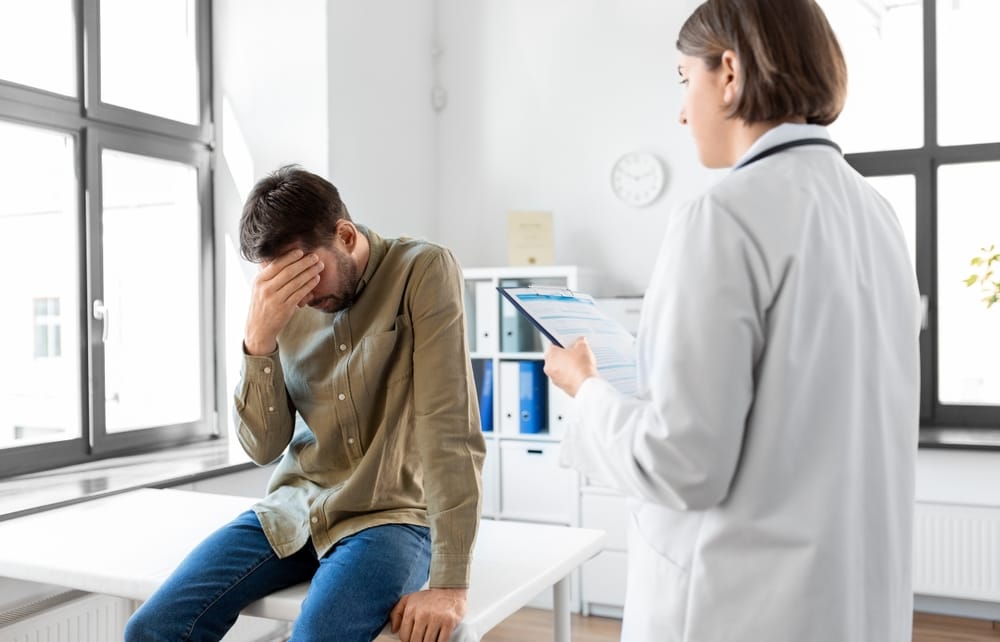
Frequent urination that disrupts your sleep, causes pain, or is accompanied by symptoms like fever, blood in the urine, or discomfort should not be ignored. These signs could indicate a more serious underlying condition that requires medical attention.
Tips to Reduce Frequent Urination
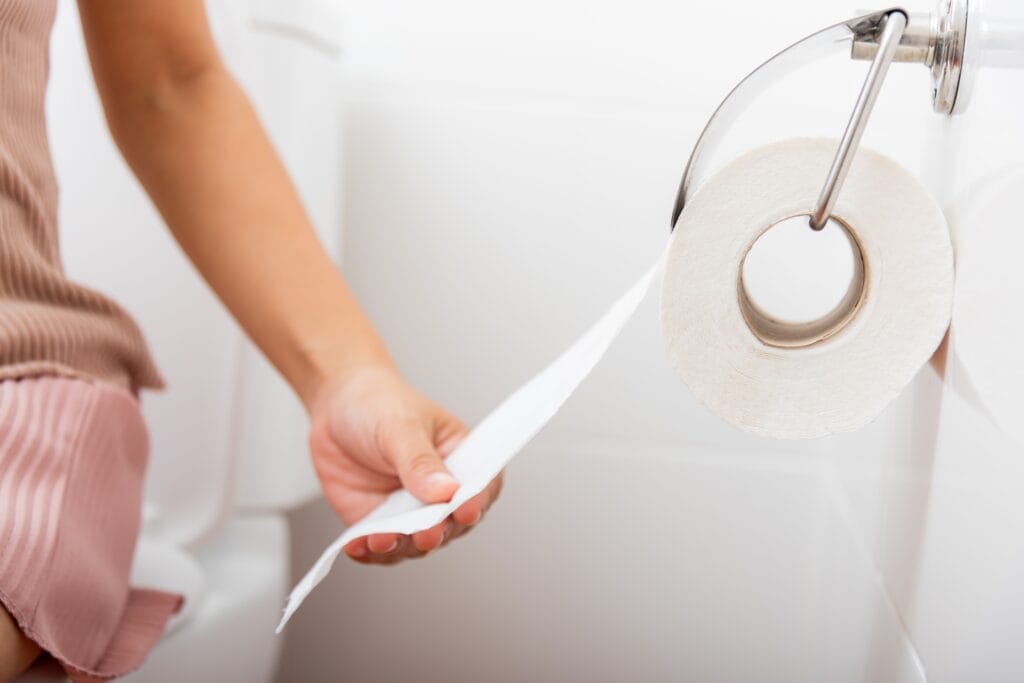
To minimize the inconvenience of frequent urination, limit your intake of caffeine and alcohol, as these are known diuretics. Spread your fluid consumption evenly throughout the day to avoid overloading the bladder at once.
Incorporating pelvic floor exercises into your daily routine can also strengthen bladder control over time. With proper lifestyle changes and guidance from a healthcare professional, you can regain control and enhance your quality of life.
The article is based on information from the Daily Record.
